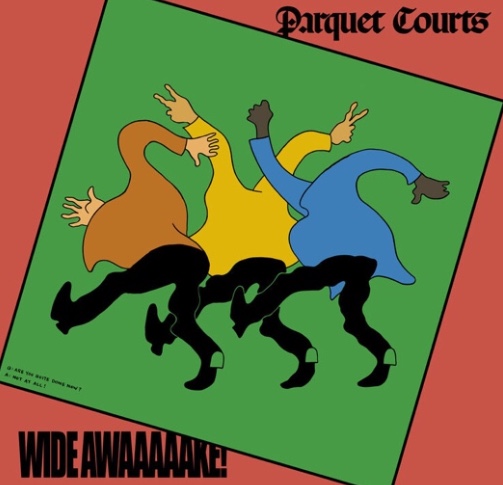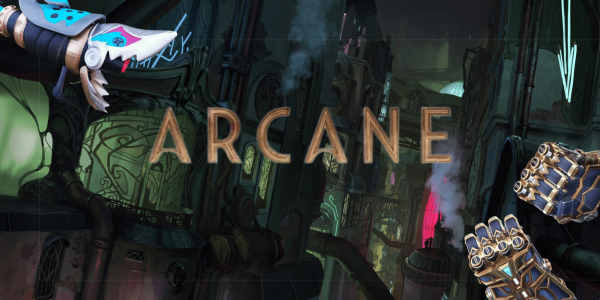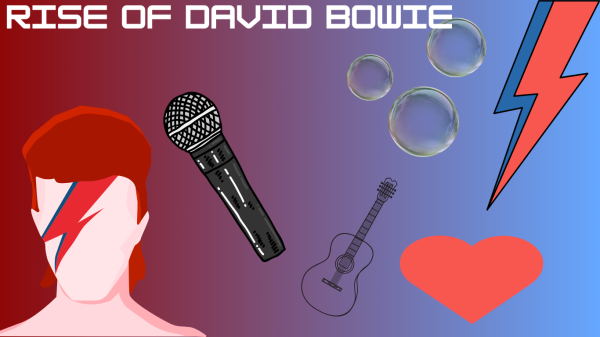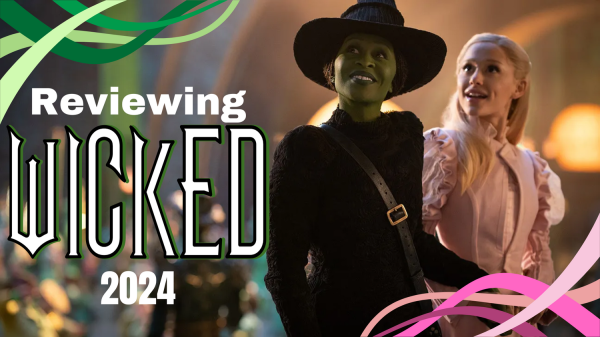Wide Awake!: Strutting its way to the battlefield

Before my eyes could register that I had pressed play, I was almost certain that I was being assaulted. I had been sonically hit with a guitar. Andrew Savage and company are an indie-group that I, like many, have been thrust into awareness of through this breakout album of socio-political musings. The punk ferocity that incites the opening track, “Total Football”, into a chaotic frenzy of Ramone-worshipping interplay and lyrics with words longer than most punk bands know was my second impression of the band. My first impression, however, began with a cowbell and screaming.
The title track of this collection is a true example of punk-funk; although that genre title is debatable. It bustles with exterior noises of parades and fuzzy static as it rips into the conscience of the listener with truly unique lyricism. What Mr. Savage does on his vocals and words is a true dissection of political satire, as well as politics as a whole. The lyrics on the title track do not go the usual route of coercing anyone with ears and an opinion to tears, as it tears into the concept of awareness with proclamations of being “Wide Awake!” and that his, “Mind so woke ’cause my brain never pushed the brakes.” My first impression of what I perceived as just another politically drab collection of lo-fi over-excitement was a cowbell starting off a funk beat and group vocals satirically screaming about how they think they’re better off than everyone else. My interest was peaked.
The album, for the most part, is a test in patience for the intolerant. The jabs at the upper class’ struggle to keep violence as a ‘lower class issue’ on cool-down track “Before the Water Gets Too High” are meant to make the listener think, as well as question society. The project’s theme of violence is aptly displayed in “Violence”, with the chilling mantra of, “Violence is daily life,” echoing through the blues-funk inspired barn-burner.
The use of shorter tracks and cool-down moments in the tracklist show an adept understanding of flow, which is arguably most important in the aggressive confrontation of punk music. The short, twin tracks “NYC Observation” and “Extinction” not only keep up energy as the album races to a finale, but also provide equally as small nuggets of philosophy. These tracks intertwine as “NYC Observation” jabs at classism, while “Extinction” can almost be seen as the lower-class reaction to it; as it deals with pressure-induced meaninglessness. The atmospheric, 60’s-esque “Mardi Gras Beads” provides a care-free instrumental with love-lorn lyrics dealing with nostalgia. In a time of crisis and reckoning, they saw fit to reminisce to a time when they were glee-fully unaware of their impending doom.
The album also displays a knowledge of dynamic instrumentation, as well as instrumental storytelling. “Freebird II” features a humming organ and gently romantic drum patterns, which fit the message of freedom and cool-headedness the song employs. On the other hand, penultimate track “Death Will Bring Change”, features a bone-chilling children’s choir that drives home the message of time and its relationship to societal change. “The bottom of this well is rich with bitter water”, Savage proclaims. Although I cannot help but see Joey Ramone holding a dictionary and standing on a soapbox when he sings, I’m listening.
The album ends with a song that could check an ‘all of the above’ box for the experience. “Tenderness” features carefree, but tense guitars; a cool, but moderate pace; and a beautifully arranged piano that bounces on top of Savage’s poignant lyrics. The lyrics of this track can be seen as a response to the album, dealing with the struggle “to get a fix of tenderness.” In this bizarro world some may find themselves in, interconnectedness with those closest is vital for sanity.
“Almost Had To Start a Fight/In and Out of Patience” is not the opener; nor is it the closer. It is track five. In my eyes, however, it is the most important. Its fast-paced, breakneck speed and scream-singing draw in the listener to hit them with lines dealing with societal tensions and physicality. What makes the song important are two lines: two lines that did not necessarily floor me as much as they implanted themselves in me. “If it stops, I’m having a bad dream,” he says of the nightmare that life can become. “If it stops, I’m counting on you,” he answers at the end.
In a way, this line, as well as the aforementioned “Tenderness”, serves as a nod to the listener. Parquet Courts wants to let whoever is listening to this know that no matter how crazy and song-ready the world is, life’s problems are worth the people it brings. I’m listening.
Your donation will support the student journalists of Tunstall High School. Your contribution will allow us to purchase equipment and cover our annual website hosting costs.

Noah Barker is a junior taking part in his second year at the Trojan Messenger. Outside of school, Noah Barker can be heard at any point in a three-mile-radius...








Camron Beale • Sep 11, 2018 at 2:29 pm
This is so well written. I’m impressed by your thought process regarding the music itself. Looking forward to more from you!